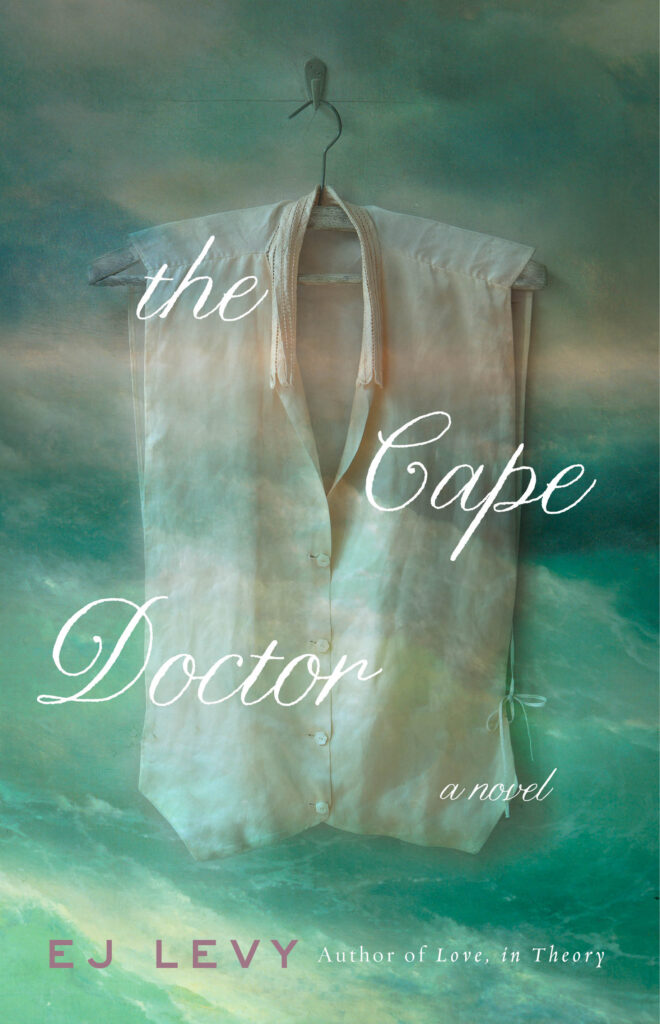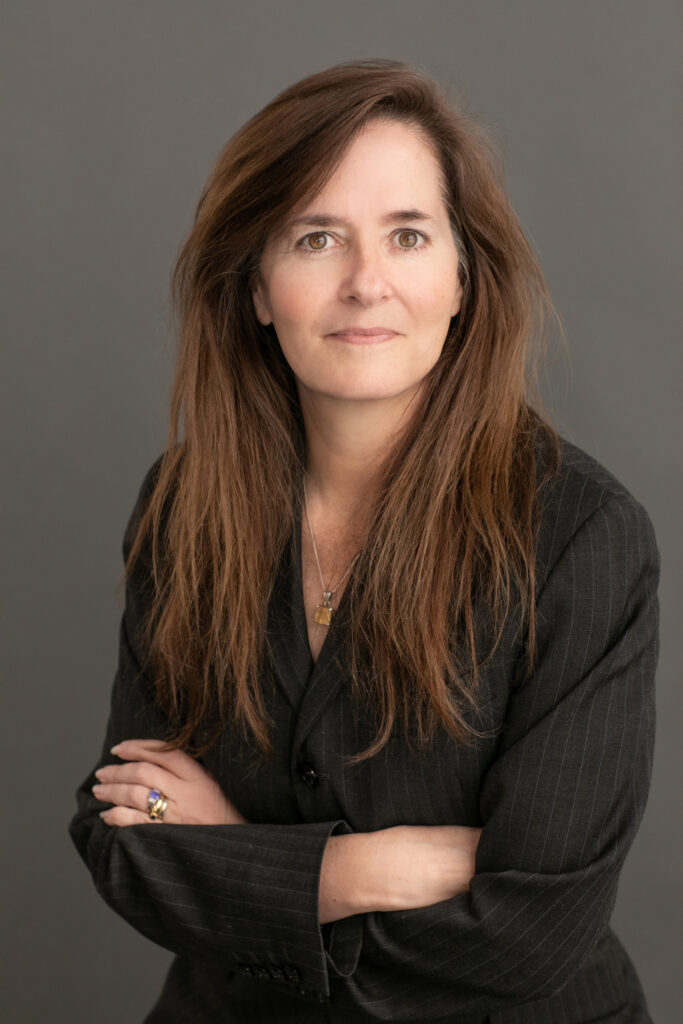Congratulations are in order for past contributor E.J. Levy, whose newest book, The Cape Doctor, was released this summer. E.J. was kind enough to send us her own description of the book, found below.
I’m delighted to have had my debut novel, The Cape Doctor, out from Little Brown on June 15th, after nearly a decade of work. The book is inspired by the life of Dr. James Miranda Barry–born Margaret Ann Bulkley circa 1795 in Cork, Ireland–a brilliant, irascible, dandified, army surgeon who advocated for the rights of the marginalized and was the first person known to perform a successful caesarian in Africa; Barry was caught in a sodomy scandal with the aristocratic governor of Cape Town (then the Cape Colony) in 1824, and eventually rose to the level of Inspector General, only to be discovered after death to have been “a perfect female” and to have carried a pregnancy late to term.
In the 150 years since Barry died, the doctor has been celebrated as both a feminist icon (as the first female-born person to receive a medical degree in the UK, 50 years before Elizabeth Garrett Anderson would, and 35 years before Elizabeth Blackwell would earn her degree in the US) and more recently as a trans icon. Both are valid interpretations in my view. I agree with biographer Jeremy Dronfield (author of Dr. James Barry: A Woman Ahead of Her Time) who has said that he sees validity in both a feminist and a trans reading of Barry’s life, but he rejects any effort to impose one interpretation to the exclusion of the other or to present one as definitive. Mine is one reading of a richly ambiguous historical record of the fascinating and courageous life of Margaret Bulkley and James Barry. In writing the book, I was aiming for something like Virginia Woolf’s Orlando–in which the protagonist changes sex over centuries–but I think I’ve ended up with something closer to Charles Dicken’s David Copperfield.
I have changed Barry’s name to be clear that mine is a work of fiction. But it has felt at times more like a seance. I first learned of Barry on a trip to Cape Town; as we traveled around the city and into the countryside, I felt a little possessed by that spirit, as if Dr. Barry was whispering in my ear; I’m delighted that others have a chance to hear that same voice now.
I’m gratified that Booklist has given The Cape Doctor a Starred Review, calling it “Remarkable…Absolutely superb… beautifully written…In sum, an unforgettable work of art that deserves raves.” The book was also named among Barnes & Noble’s “Best 100 Books of Summer” and was a New York Times Book Review Editors’ Choice.
I hope The Cape Doctor helps bring wider attention to and awareness of the remarkable life of both Margaret and James.
The Cape Doctor is published by Little Brown and available for purchase from Bookshop, Barnes & Noble, Apple Books, Google Play, and Amazon.
E.J. was interviewed by SR about her story collection Love, In Theory in Issue 16. Keep up with what else E.J. is up to on her website and Twitter.



